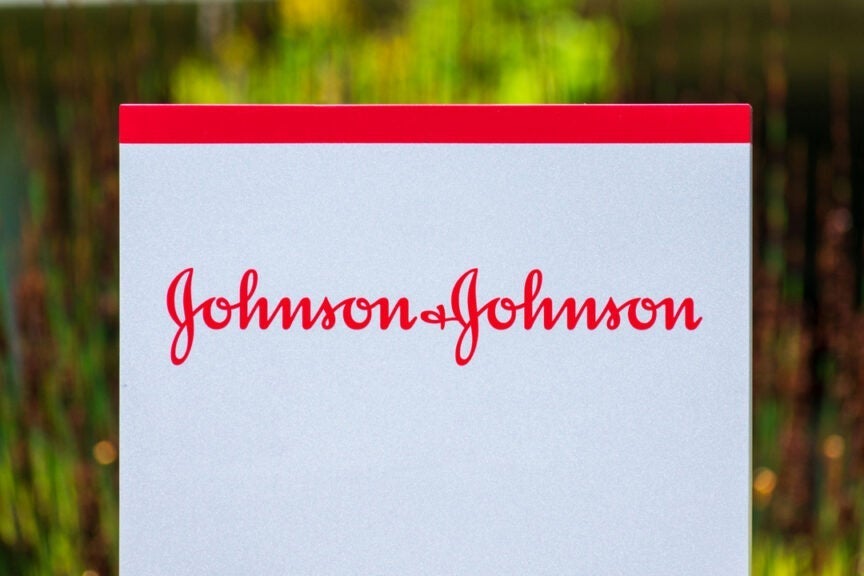A federal court has sided with the U.S. Department of Health and Human Services (HHS), rejecting Johnson & Johnson’s JNJ effort to reshape its participation in the 340B Drug Pricing Program.
The ruling comes after months of legal back-and-forth following Johnson & Johnson’s proposal to shift from upfront drug discounts to a rebate model—an approach the agency never formally approved.
The dispute centers on the 340B Program, a federal initiative requiring pharmaceutical manufacturers that participate in Medicaid and Medicare Part B to sell outpatient drugs at reduced prices to certain healthcare providers, including hospitals and clinics that serve low-income and rural populations.
Also Read: FDA Eases Access To Life-Saving Gene Therapies For Blood Cancers
Johnson & Johnson, a long-time participant in the program, initiated litigation in November 2024 after the Health Resources and Services Administration (HRSA) declined to approve its proposed rebate structure.
Under Johnson & Johnson’s plan, covered entities would pay the full list price for certain drugs and receive rebates later.
The company contacted HRSA in June 2024 to outline the plan, but the agency made clear it had not given the green light.
Despite this, Johnson & Johnson proceeded to file suit against HHS, HRSA, and their respective leadership, arguing that HRSA’s rejection was arbitrary under the Administrative Procedure Act (APA).
In January 2025, UMass Memorial Medical Center, Genesis HealthCare System, and the advocacy group 340B Health were granted permission to intervene in the case as defendants, arguing the rebate model would undercut the purpose of the 340B program and impose financial strain on safety-net providers.
Johnson & Johnson subsequently moved for summary judgment on its single APA claim, while both the federal agencies and the intervenors filed cross-motions. The court has now denied Johnson & Johnson’s motion and ruled in favor of HHS and the intervenors, concluding that the agency acted within its authority and did not violate administrative law in rejecting the rebate plan.
The decision marks a significant win for hospitals and healthcare groups reliant on upfront 340B pricing to manage drug costs, especially for vulnerable patient populations. It also affirms HRSA’s oversight authority in maintaining the integrity of the 340B program.
In sum, based on the plain and unambiguous language of the 340B statute, and supported by its purpose and history, HRSA has the authority to “provide” for discounts, rebates, or both. This conclusion defeats J&J’s claim that HRSA lacked the authority to require prior approval of J&J’s rebate model, the lawsuit alleged.
Price Action: JNJ stock is up 0.10% at $152.91 during the premarket session at the last check on Tuesday.
Read Next:
Photo: Shutterstock
